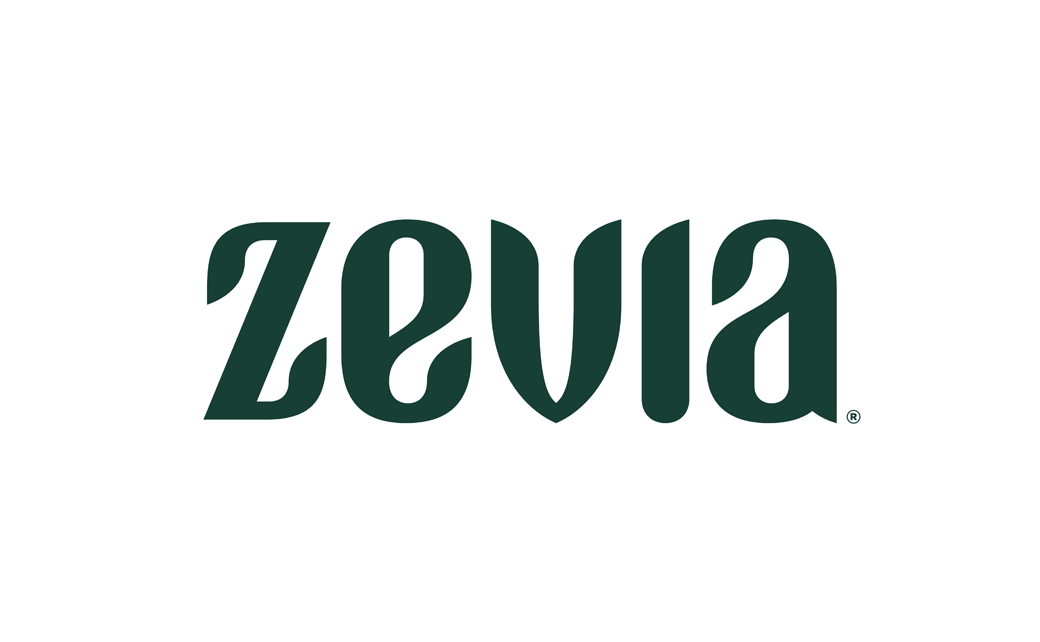How Expectations Reshape Private Equity Executive Recruiting
Private equity has always moved fast. Investors put capital into a company expecting growth, discipline, and an exit within a few years. But what often gets overlooked is how much those expectations reshape the executive recruiting process.
For consumer packaged goods (CPG) companies, the difference between growth that attracts acquisition and growth that stalls often comes down to who is sitting in the executive suite. The leaders chosen under private equity ownership aren’t just operators — they’re builders of value, storytellers to investors, and architects of future exits.
The PE Lens on Leadership
When private equity enters the picture, the criteria for executive hiring shift. A PE-backed company is expected to grow quickly, protect margins, and be ready for a sale within three to five years. That creates a very specific leadership profile:
- Executives who can scale operations without losing control.
- Leaders who understand both entrepreneurial hustle and institutional discipline.
- Talent that can operate under constant measurement and investor oversight.
In other words, PE-backed firms need executives who thrive under scrutiny, not just ones who can run day-to-day operations.

Balancing Growth and Discipline
Many executives come from environments where growth was prioritized at all costs or where stability mattered more than speed. In PE recruiting, neither extreme is enough. The ideal hire is someone who can:
- Push for growth while managing risk.
- Hit investor milestones while protecting long-term brand value.
- Translate performance into data investors trust.
This balance is what separates executives who succeed in private equity environments from those who struggle under the pressure.
The Compressed Timeline
In a traditional corporate environment, executives may have years to implement strategy. Under private equity, time horizons are shorter. Leaders are expected to make an impact quickly — often within their first year.
That changes how recruiters evaluate candidates. Past success isn’t enough; recruiters look for evidence of speed to impact. Has this leader delivered results under compressed timelines before? Do they know how to prioritize what matters most when the clock is ticking?
For CPG companies where timing is tied to retail resets, product launches, and investor cycles, the ability to move fast without cutting corners is critical.
Recruiting in a PE Environment
From the recruiter’s perspective, private equity executive recruiting demands more than matching résumés to job descriptions. The search process must:
- Assess readiness for exit-driven goals. Not all executives are comfortable leading toward a sale or integration.
- Pressure test resilience. Candidates need to thrive under constant board and investor oversight.
- Evaluate cultural adaptability. High-growth PE environments require leaders who can align teams quickly, often in companies still evolving their culture.
The right hire is not just about functional expertise but about whether they can create enterprise value under investor expectations.

What PE Firms Want in 2025
Private equity expectations have sharpened in recent years, especially in CPG. Today’s PE-backed companies demand leaders who:
- Understand both financial modeling and operational execution.
- Bring data-driven decision-making to boardroom discussions.
- Can manage relationships with retailers, distributors, and investors simultaneously.
- Possess exit-ready mindsets — building systems, not just short-term wins.
Executives who fail in these roles often have strong résumés but lack one of two things: the pace required for growth, or the ability to thrive under investor scrutiny.
The Recruiting Edge
For companies, the challenge is clear: they can’t afford to miss on these hires. A misaligned executive in a PE-backed company doesn’t just stall progress — it can derail the exit strategy entirely.
That’s why executive recruiting partners matter more in PE-backed environments than anywhere else. Recruiters with deep industry networks and assessment tools can separate candidates who look right on paper from those who can actually deliver under pressure.
In CPG especially, where margins are tight and timelines are unforgiving, the right executive is often the difference between a successful exit and a missed opportunity.
Conclusion
Private equity isn’t just capital. It’s pressure — pressure to grow, to discipline, and to exit. That pressure reshapes how executive recruiting works, and it raises the stakes for every hire.
For CPG companies operating under private equity ownership, the executives chosen today will determine whether the company creates lasting value tomorrow. In a market defined by speed, scrutiny, and scale, the right leader is no longer optional. They’re the cornerstone of the entire investment thesis.


















